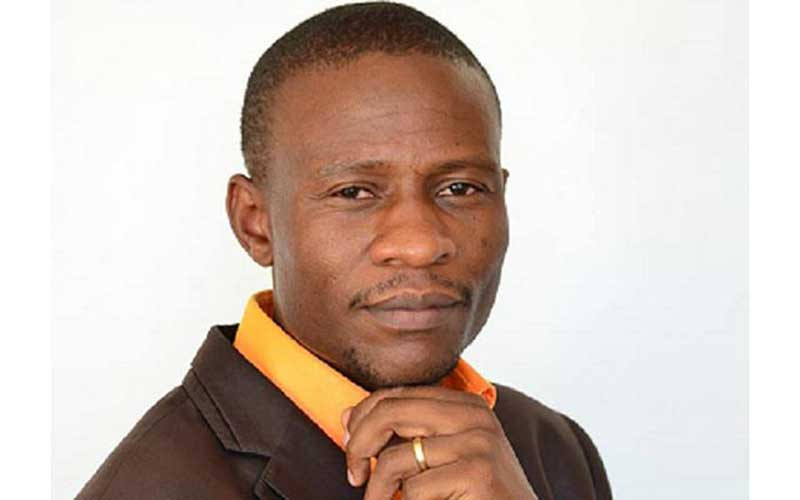
The biggest curse an organisation or country can have is poor leadership. It becomes even worse when the same ineffective leadership inflicts pain on the followers. Great leaders have people following using positive influence.
Poor leaders use force to make people submit. Great leaders empower, and poor leaders disempower others. Great leaders see potential, power leaders see an enemy. Great leaders have a vision; poor leaders can’t see the future.
Lack of good succession
Poor leadership can cling on to power using unorthodox means. The next generation of leaders must, at all cost be mentored, empowered, trained for the future to be great. The question becomes, who is qualified to do that? Secondly, if the current leadership trains the young person, won’t we see the same style of leadership replicating itself for the good or bad? When the young person sees that there are relevant or working ideologies, won't he (as has we seen), rebel against the powers that be? As he rebels are we not, again growing a spiteful or bitter crop of future leaders?
The successor has to be identified and equipped. The world is changing, and that is happening at breakneck speed. The tools, techniques and some teachings that used to work yesterday might not be applicable as we walk into the new realities of change. With that in mind, investing into the future leader becomes pertinent and paramount.
Despotism
The best way in instilling unlikable rules is the use of autocracy. This is where you use force to instill an ideology. It’s a case of taking what the leaders say without questioning or if one questions it becomes a problem. This had been the story of some if not most sectors in Africa. The tenets of democracy might be there on paper but not there in action. For example, when dissenting voices are thwarted and creative thinkers are silenced. Yes, they might say their minds out, but you are never free after you say it. Despotism thrives on instilling fear, thereby preventing positive and progressive discourses about leadership.
Blind to opportunities
- Out & about: Warner Music Group squashing the impossible
- Lobby group bemoans impact of graft on women
- Corruption watch: Rogue cops: Blame it on the bosses
- DJ Ladyg2 fights stereotype in showbiz
Keep Reading
Dumisani Magadlela who is an executive leadership coach in South Africa said that “Africa is not poor. It is the richest landmass on earth based on current natural resource values and revenues generated. The challenge is how to retain this value for Africa's development. Too few people benefit from Africa's riches. Africa's greatest leaders are not here yet. These are leaders that will ensure that Africans fully benefit from Africa's wealth. They may come from within Africa or from the diaspora”
Africa might have been affected by external factors, but what becomes even more dangerous to it is the treacherous and cancerous disease that is eating it from within; a system that is self-destructive.
What questions should we be asking now? Should we ask: Why is Africa poor? This question will point us to the blame game that has been going on for decades now. We will only point to the cause, but at times not come with a solution. Or is Africa poor in the first place? Or who should make Africa better? This well eventually point us to the collective effort that we as African contributors should put into place to make it a better place. Of course there should be great, selfless leaders taking us to the promised land.
Corruption
A few years back Transparency International estimated that 75 million people in Sub-Saharan Africa are estimated to have paid a bribe. This is how desperate the situation is in our beautiful continent. The people (police and courts), who are supposed to be the custodians and the installers of the very law are violating it.
José Ugaz, chairperson of Transparency International once said, “Corruption creates and increases poverty and exclusion. While corrupt individuals with political power enjoy a lavish life, millions of Africans are deprived of their basic needs like food, health, education, housing, access to clean water and sanitation.”
Lack of peace
Psychology has proved beyond reasonable doubt that peace is not only the absence on violence, war, bombs, and guns but the presence of peace in the mind of people because there is prosperity in all other necessary facets. Africa might have been free from the coloniser, but the mind might be in shackles. These chains bring peculiar problems for Africa thereby eliminating peace.
Holding to obsolete models
The worst thing about poor leadership in any organisation is its unwillingness to learn. Leadership should understand and appreciate the fact that the world has gone so fast, and we are trying to catch up on lost time using the wrong instruments. People are now exposed and that has been necessitated by the use of technology and the internet. Information, including classified, which was in the past was not accessible to a select few is now available to anyone.
New mental models
All having been said and done, the fate of every organisation lies in the hands and in the choices that we make as leaders. What’s needed now is a shift in the thought line in our leaders. The vocabulary has to be changed, instead of seeing opposition parties, we should see diverse parties. African stories cannot change, as long as we see enemies and enormity from each other. Our energies should now be channeled in seeing its positive progress and this is possible if we invest in our leaders.
Jonah Nyoni is an author, speaker, and leadership trainer. He can be contacted on Twitter @jonahnyoni. WhatsApp: +263 772 581 918








